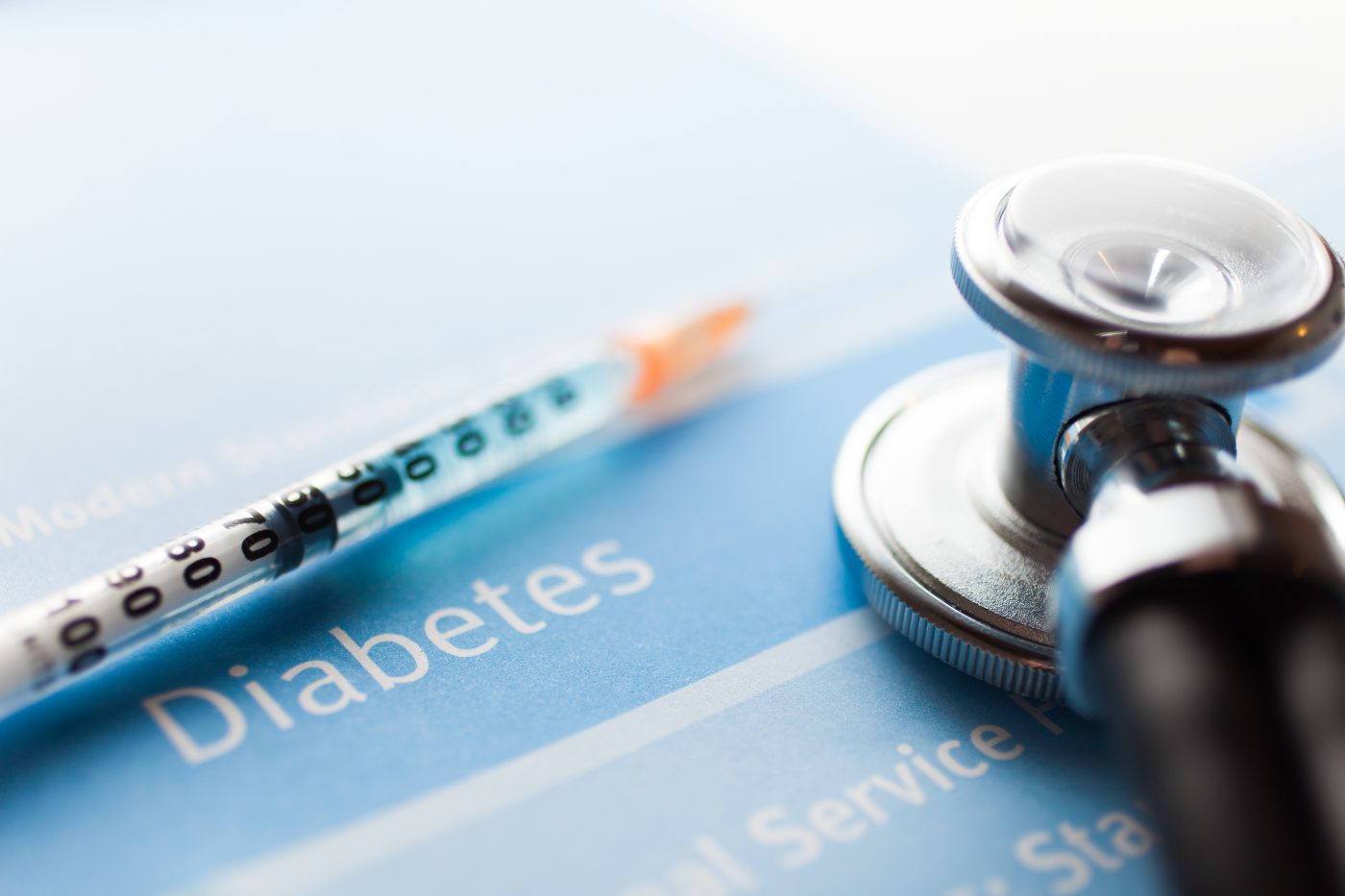Mesoblast Limited, a global leader in regenerative medicine, recently announced the publication in the journal Diabetes Care results of a Phase 2 clinical study for its intravenously-delivered Mesenchymal Precursor Cells (MPCs) for the treatment of type 2 diabetes.
Trial investigator and co-author Dr. Vivian A. Fonseca, Professor of Medicine and Chief of Endocrinology at Tulane University, and past President of Medicine and Science for the American Diabetes Association, said: “We are very encouraged by the safety profile and suggestion of efficacy of Mesoblast’s cell therapy in patients with type 2 diabetes.”
Type 2 diabetes causes an atypical immune system activation and inflammation of various organs, leading to poor glucose control and resistance to the effects of insulin in the fat tissues. The most frequent end-organ hurdle is kidney involvement — a condition called diabetic nephropathy, which affects about 40-50% of patients with the condition.
MPC-300-IV is an intravenously administered MPC that is used for the treatment of type 2 diabetes, liver/kidney complications, and rheumatoid arthritis. The drug works by down-regulating the production of pro-inflammatory cytokines and increasing the production of anti-inflammatory cytokines.
The study entitled “Allogeneic Mesenchymal Precursor Cells in Type 2 Diabetes: A Randomized, Placebo-Controlled, Dose Escalation Safety and Tolerability Pilot Study” was a Phase 2 single-blind, randomized, placebo-controlled clinical trial conducted across 18 sites in the US that evaluated the effects of a single intravenous infusion of 0.3, 1.0 or 2.0 million MPCs/kilogram (kg) or placebo over 12 weeks in 61 patients with a mean diabetes duration of 10 years.
The clinical trial’s primary endpoints were the assessment of the safety, tolerability, and feasibility of adult allogeneic bone marrow-derived mesenchymal precursor cells (MPCs) in type 2 diabetes inadequately controlled with metformin either alone or with one additional oral anti diabetic agent. The study’s secondary endpoints were treatment effect on glycemic control, defined by hemoglobin A1c (HbA1c) measurement.
Results from the safety profile, which compared a single IV infusion of rexlemestrocel-L reduced HbA1c at all time points after week 1 against the placebo, revealed that the drug was comparable among treatment groups.
The results also showed no acute adverse events (AEs) associated with infusion. No serious AEs, serious hypoglycemia AEs, or discontinuations due to AEs over 12 weeks were found during the study period. No subjects developed donor-specific anti-HLA antibodies or became sensitized.
Professor Paul Zimmet, Director Emeritus of the Baker IDI Heart and Diabetes Institute, and Foundation Director of the International Diabetes Institute, commented: “The treatment of type 2 diabetes with existing pharmaceutical therapies remains a major challenge to obtain optimal metabolic control for both wellbeing and reducing the risk of serious complications such as heart, kidney and eye disease, and amputations. This study is important and encouraging in the context of the search for better treatment for this ubiquitous and serious disorder. Given the pressing need for new developments in the treatment of type 2 diabetes, these findings are encouraging and support further studies on the possible use of adult stem cells for treating diabetes and its complications in future.”


